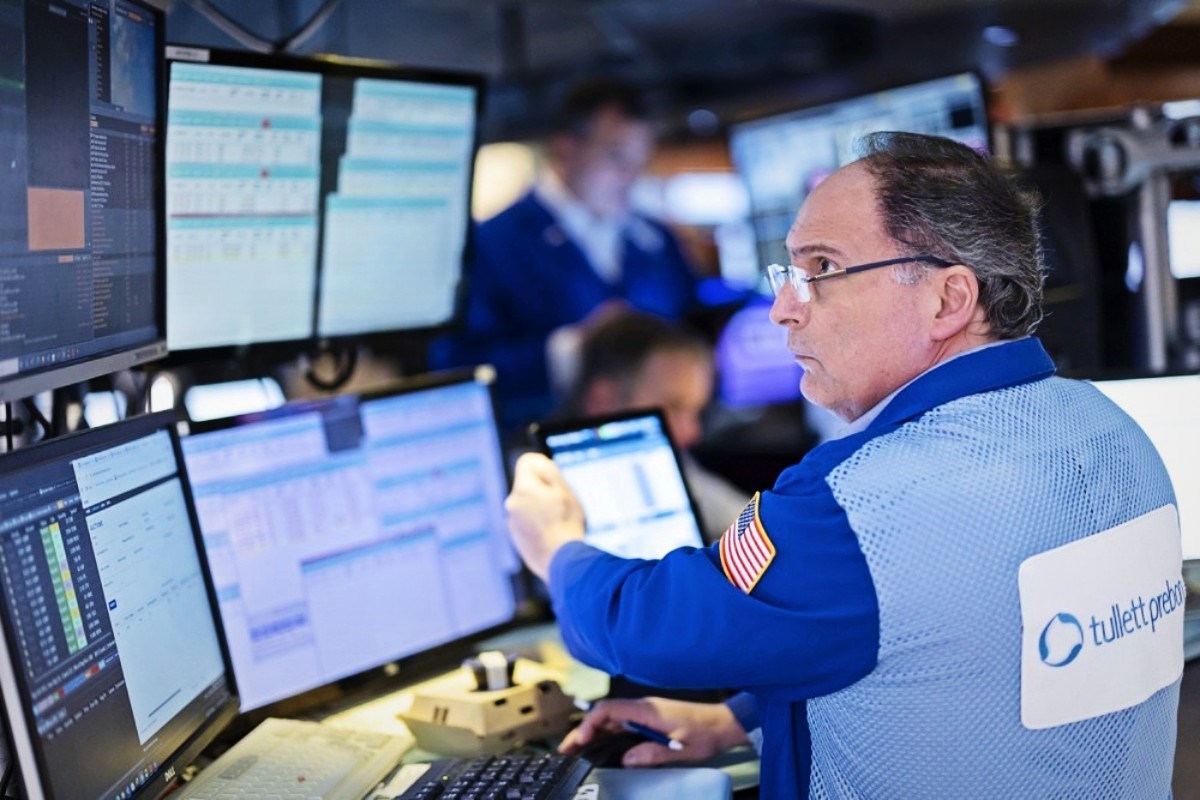At the start of the week, Wall Street indices remained nearly unchanged as investors cautiously awaited news on trade talks between the US and China. Following a phone call between Presidents Trump and Xi Jinping, trade representatives from both countries met in London to try to ease tensions caused by tariffs. The market views any dialogue with Beijing as progress, although concrete results are yet to be seen. Technology companies contributed to a slight rise in indices, while European markets slightly declined. Asian markets rose, but investors remain cautious due to lack of details on the negotiations. The US dollar weakened, and the dollar index stagnated near a six-week low. Analysts believe the talks may provide short-term relief but are unlikely to yield real structural progress due to the complexity of issues such as chip export controls and student visas.
Political Perspectives:
Left: Left-leaning outlets emphasize the cautious optimism surrounding the trade talks, highlighting the potential for easing tensions between the US and China. They focus on the impact of tariffs on global markets and the importance of diplomatic dialogue to prevent economic downturns. The narrative often critiques the aggressive tariff policies and stresses the need for cooperation and multilateral solutions.
Center: Center-leaning sources report the facts of the trade negotiations and market reactions with a balanced tone. They highlight the cautious market response, the ongoing complexity of the trade issues, and the mixed signals from both sides. The focus is on the economic indicators, the role of key players, and the potential short-term market relief without overpromising outcomes.
Right: Right-leaning media tend to emphasize the strength of the US negotiating position and the importance of protecting American industries through tariffs. They highlight the administration’s efforts to bring China to the negotiating table and frame the talks as a strategic move to address unfair trade practices. The narrative often supports the use of tariffs as leverage and stresses national economic security.
























